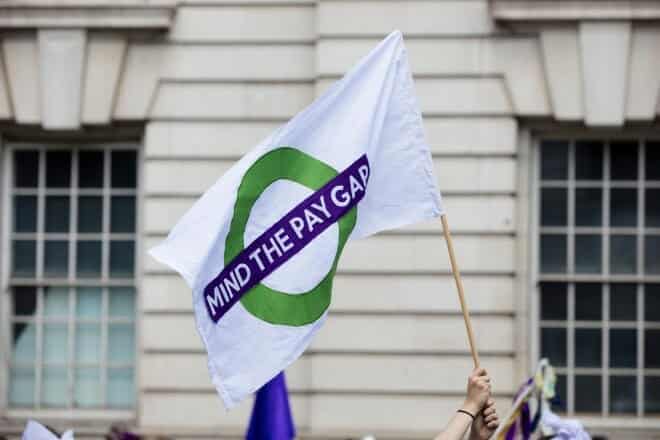Spring 2019
Newsletters | read time: 3 min
Published: 29 May 2019


10 key points from DoJ on effective compliance programmes
The Department of Justice Criminal Division has issued updated guidance on how prosecutors should evaluate Corporate Compliance Programmes when there is the potential for bringing charges against a company or individuals, suspected of violating the Foreign Corrupt Practices Act.
This new guidance is important because it provides clear pointers that should help all corporates to develop good programmes that will protect the company and its directors, in the event of any allegations against it. It is also important because it is likely to influence prosecutors working in other jurisdictions where the law requires an anti-corruption compliance programme to be implemented.
Prosecutors are asked to consider three key questions:
o “Is the corporation’s compliance programme well designed?“
o “Is the programme being applied earnestly and in good faith?“ In other words, is the programme being implemented effectively?
o “Does the corporation’s compliance programme work“ in practice?
Our latest blog looks at the 10 key messages that businesses should take on board in order to ensure their compliance programmes will be deemed effective.
Changes ahead for Modern Slavery Act?

When the Modern Slavery Act became law in March 2015, it was considered a landmark piece of legislation; the first of its kind in Europe and one of the first in the world to address modern slavery and human trafficking. Four years on, the UK government has undertaken a detailed review of the legislation.
Compliance with Section 54 has emerged as something of a grey area, with many companies unsure as to whether or not they were in scope. The government’s own analysis found that an estimated third of eligible businesses have not published modern slavery statements and too many of these have been poor.
The government’s review contains seven key recommendations relating to Section 54. Our blog looks at the steps businesses should take.
What will Gender Pay Gap reporting achieve?

One year on and the second round of gender pay gap figures showed little improvement, with the gap shrinking slightly from 9.7% to 9.6%. Almost eight in 10 companies pay their male employees more, with more than a quarter paying women over 20% less than men based on median hourly pay. So what does such reporting really achieve?
The intention was that it would help break the glass ceiling and create a more modern workforce. However, reporting alone does not deliver any requirements for change.
The UK has one of the widest overall gender pay gaps in Europe. Our blog looks at what some of the early reports showed and what organisations could also be doing to create a more balanced workplace.
GoodCorporation has appointed human rights lawyer Caroline Le Mestre to co-lead the Paris office with Chloé Blais. Caroline has worked in a variety of sectors, including oil & gas, construction, manufacturing and agriculture. She has expertise in business ethics and human rights, including labour and human rights risk assessments.

GoodCorporation’s first spring debate at the House of Lords looked at the impact of GDPR and the challenges it presents for businesses, particularly those operating internationally.
Amanda Williams from the Information Commissioner’s Office opened the discussion, highlighting the ICO’s experience to date and sharing thoughts for the future.

With the revised Corporate Governance Code imposing new requirements on boards to assess the culture of their company, and report on it from 2020, GoodCorporation’s May House of Lords debate asked whether this could really be done? While a poor corporate culture is easy to spot, assessing and measuring good culture can be a challenge.

GoodCorporation has written a number of articles so far this year across a range of subjects including ESG, anti-corruption prosecution and assessing corporate culture. We have also been interviewed in Building magazine on corruption in the construction sector.
The full list of published articles is on our website.
Contact us Debate Summary Debate Summary Articles How well are anti-corruption procedures being implemented. Our latest findings will be published in the summer. Contact us to order a copy.
work with us

